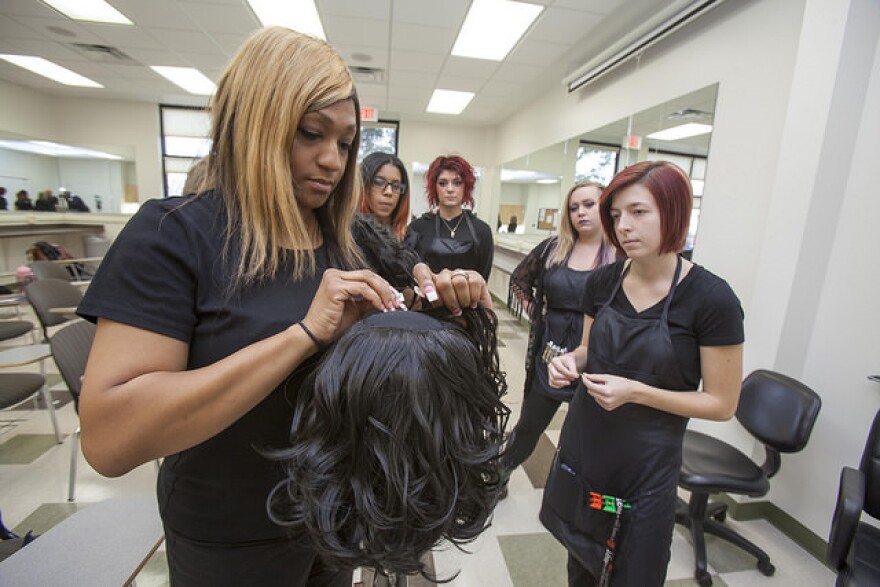A large number of Connecticut high school graduates don't get a college degree within six years of leaving high school. But there's not a lot of information on what they're actually up to.
Statewide, just under half of high school graduates from the class of 2011 earned some sort of degree by 2017. That number is better than that national average, but it has members of the state Board of Education worried -- what's happening to those other graduates?
"I know that on a national scale, this is an issue that many states are trying to understand and there hasn't actually been a big nut cracked about it," said board member Malia Sieve.
The state does a pretty good job tracking degree programs. But if you want to know about other things -- like who's getting food safety training or an automotive certification -- well, we don't know.
That's because the group that collects college data -- the National Student Clearinghouse -- doesn't track these other programs.
Ajit Gopalakrishnan, chief performance officer for state Department of Education told the state school board that tracking this information is difficult, because programs are offered by high schools, community colleges, private schools, and private job training companies.
"We might be able to collect it before a student leaves high school, but after, it still seems to be a hole," Gopalakrishnan said.
It's a significant number of students -- over 20,000 from the class of 2011 alone. Gopalakrishnan said he's looking to other states to get an idea of how best to get this information.


